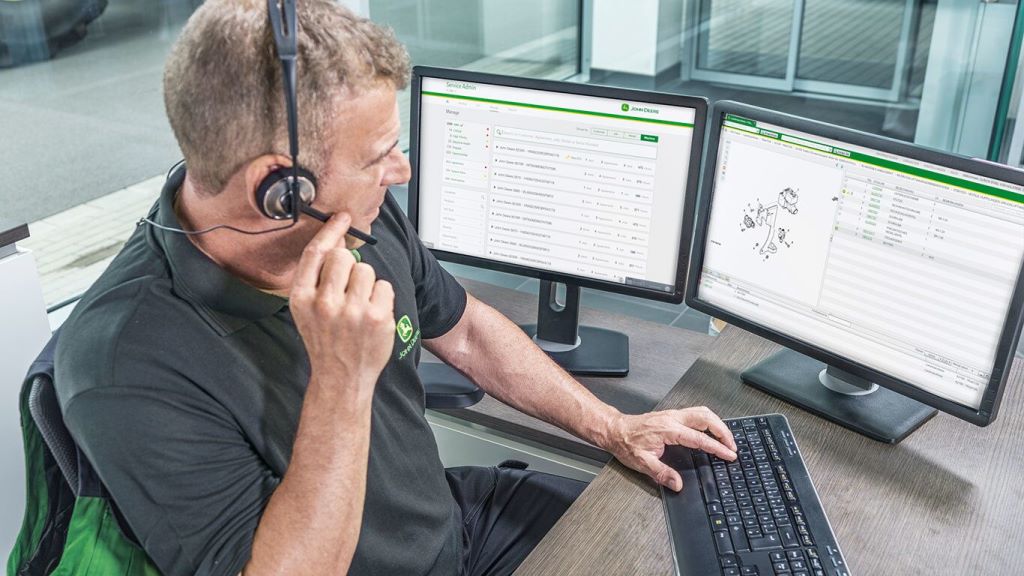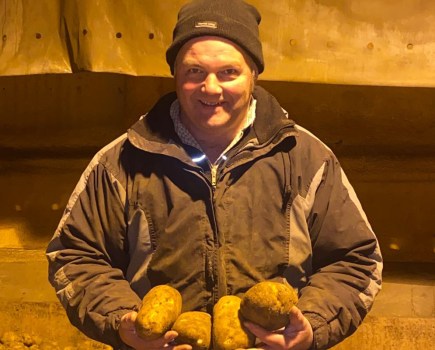 I doubt there are many of you reading this who haven’t taken part in some kind of virtual quiz over the duration of lockdown so far, with platforms like Zoom helping us to get some light relief from all that’s going on in the world, as well as staying connected with family and friends.
I doubt there are many of you reading this who haven’t taken part in some kind of virtual quiz over the duration of lockdown so far, with platforms like Zoom helping us to get some light relief from all that’s going on in the world, as well as staying connected with family and friends.
Not only have these platforms proved essential for entertainment purposes, but also in the workplace, and here at CPM, the pandemic hasn’t stopped us keeping up with all of the latest and greatest innovation thanks to a bustling schedule of online press briefings. Spending more time writing and less time going up and down the M6 has also proved to be an unexpected positive outcome, too.
While the technology and platforms have been around for some time, their value was maybe a little underrated, and in my family, definitely underused by the older generation – a hurdle which now seems to have been overcome thanks to the pandemic forcing us all to be more creative with how we keep in touch at a time where we can’t physically be together.
So it got me thinking, as these unusual circumstances force us to turn to digitalisation more, and perhaps, quicker than natural evolution would have allowed – I wonder whether COVID-19 will become an unlikely driving force in accelerating the growth of this digital world of farming we find ourselves heading into?
I sat in on a John Deere briefing a few weeks ago, where the concept behind the firm’s Connected Support system was explained. What particularly stood out to me was how one speaker noted that more growers than ever before were making use of the system.

John Deere’s Connected Support service has seen an increase in usage amid the Coronavirus outbreak.
Deere’s Connected Support system means that if a machine produces a diagnostic code during operations, it’s delivered via JDLink Telematics and sent to the dealership’s monitoring centre. The dealership can then diagnose the code and get in touch with the customer – nipping any issues in the bud before it becomes a major problem for the growers, and sometimes resolving it before an engineer would have even been able to get out onto farm.
It was obvious from this that it’s perhaps those digitally connected farms that are able to cope better during a time where human connection isn’t possible.
So will this pandemic actually push the digitalisation of farms?
With the mass collection and sharing of data becoming common practice, I reckon the silver lining – if one can call it that – in these most unprecedented times will be that we may start to see the industry adopt and embrace digital solutions quicker than before.
Let’s think about precision spraying, for example. At the beginning of the pandemic, there were concerns across the industry about potential shortages, just as UK agriculture headed in to one of the busiest times of year.
If these shortages had to come to fruition, it’s highly likely that those utilising variable rate technology and precision application techniques would have weathered the storm better – with every last drop of product going exactly where it needed to be, and minimising wastage at a time where resources could have been precious.
Or perhaps, field recording software. With uncertainty over whether agronomists could, or should, be going out to farms, online data-exchanging has meant advisers can still make recommendations and give advice based on real-time farm information. You can find out more about this here.
I think sometimes there’s almost a fear that digitalisation leads to overcomplication, but having seen my grandmother go from not being able to operate anything other than her landline, to dialling in on for weekly video calls from her iPad, it just goes to show that anything is possible and sometimes, a nudge in the right direction is all that’s needed to realise the full potential of what’s on offer.
Originally hailing from Devon, Charlotte Cunningham is now based in Warwicks and when not busy filling the pages of CPM, can be found exploring the countryside with two crazy spaniels in tow (though obviously not at the moment, with UK lockdown in place). @charcunningham




